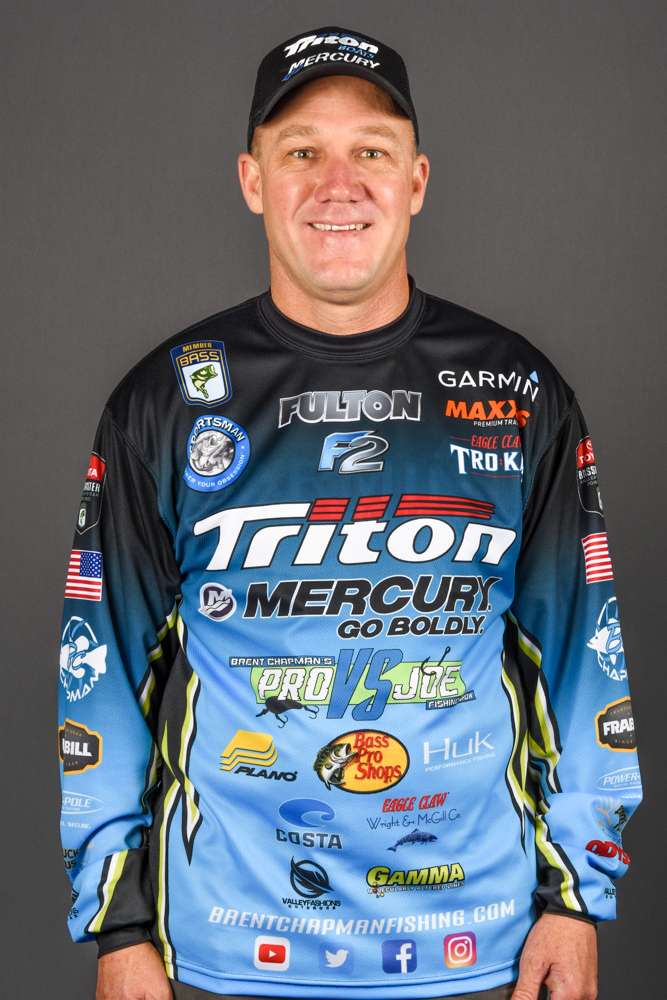One of the things that separates professional anglers from weekend anglers is having backup plans. A backup plan can be a completely different pattern in a different area of a body of water or it might be as simple as a different technique in the same area as the main plan.
As any tournament angler can attest, what is working during practice may not always be what works during an event, especially through four days. Knowing this going into practice makes us consider "what ifs", and "where would they go" scenarios while we practice.
By thinking ahead of what might happen due to weather changes, water color changes, fishing pressure and more, I arm myself with information that will help me make better decisions on game day. Tournaments are won and lost on spur of the moment decisions, and I want to prep myself for those decisions as much as possible.
Backup plans and what-if scenarios are not black and white, but I can tell you a few simple things to have in mind while you are out practicing or even just studying a map.
First, consider all weather scenarios, pre-front, front, post-front, wind direction, etc., and which of these would change your main game plan. Next consider water color changes from weekend boat traffic or the weather changes. In some cases, the water color may get cleaner instead of dirtier. These are just a few of the things to account for.
Let me give you an example. Let's say my main pattern is a crankbait on riprap banks. First, I want to have several areas (if possible) where I know there are fish from practicing or I expect to have fish from map study. These would all be part of my main plan. Then I would find areas that would be good for each wind direction.
I would also consider the water color in those areas and what would happen if it got really clear. Would I stick to the crankbait or switch to a jig or swimbait? If the water got dirtier, would a crankbait still be the plan or should I have a spinnerbait or vibrating jig ready to go. I can go through dozens of scenarios, but every situation is different.
Sometimes a backup plan might simply be where and how to find limit fish. During practice, I am never actually looking to find the mother lode of small fish, but finding them is a nice bonus and something I file away for use as a backup plan. I may or may not need them, but knowing I can put a few limit fish in the boat quickly helps make the decision process on the water easier.
Having a backup plan is a smart idea for any angler. While a backup plan can be a complete second pattern that you found during practice, it can also be a small variation to your main plan. By considering the what-ifs during practice, you can prepare yourself for making those game time decisions that can win or lose a tournament for you. No matter how much confidence you have in Plan A don't overlook the importance of finding a Plan B … or even a Plan C.





